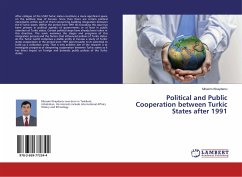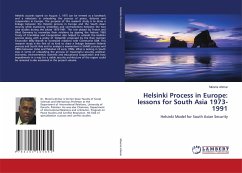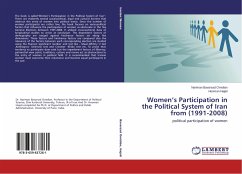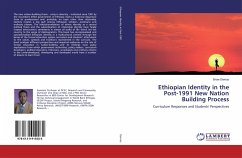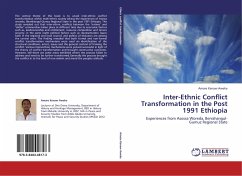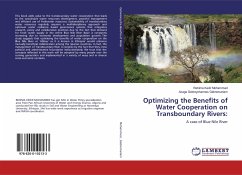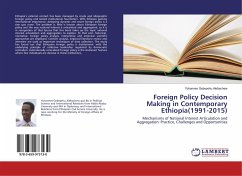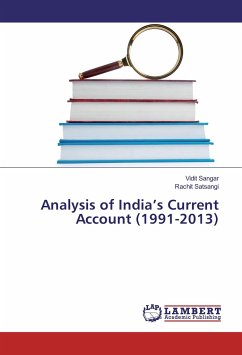After collapse of the USSR Turkic states constitute a more significant space on the political map of Eurasia. Since then there are certain political movements within each of them concerning building integration between the 6 Turkic states. Within the period from 1991 till nowadays this issue has been present in political agenda of governments or at least in public attention of Turkic states. Certain political steps have already been taken in this direction. The work examines the stages and programs of this integration process and the factors that influenced policies of Turkic states. As the Turkic world comprises a stable entity in Eurasia a study of Turkic states cooperation in the period since 1991 goes broader to its potential to build up a civilization unity. That is why another aim of the research is to investigate prospects of deepening cooperation between Turkic states as it has direct impact on foreign and domestic public policies of the Turkic states.
Hinweis: Dieser Artikel kann nur an eine deutsche Lieferadresse ausgeliefert werden.
Hinweis: Dieser Artikel kann nur an eine deutsche Lieferadresse ausgeliefert werden.

